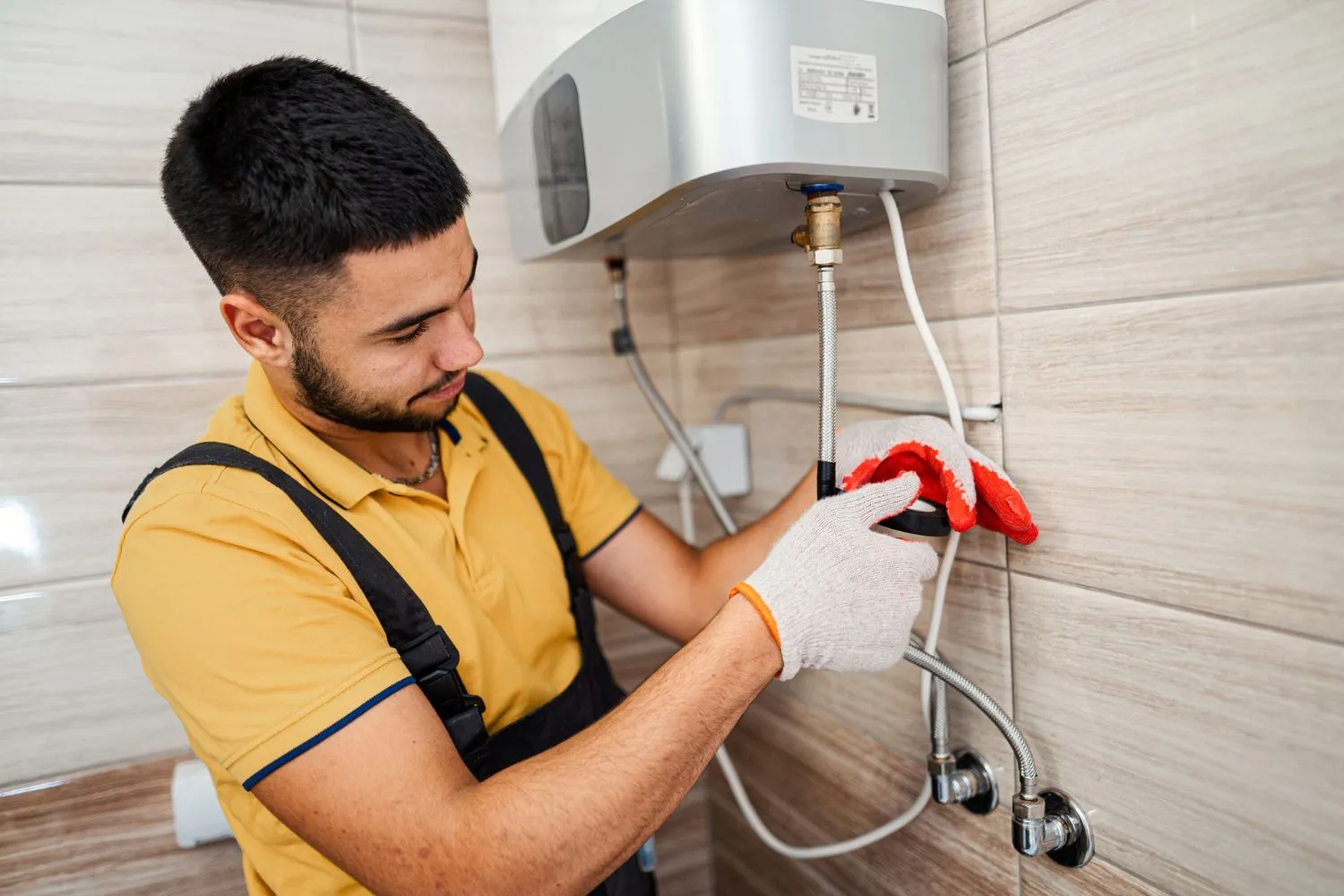This article in the next paragraphs about Water Heater Repair and Troubleshooting is pretty much interesting. Read it yourself and decide what you think about it.

Visualize beginning your day without your routine hot shower. That already establishes an inadequate tone for the rest of your day.
Every home needs a trustworthy water heater, but just a couple of recognize how to take care of one. One easy way to keep your water heater in top shape is to check for mistakes on a regular basis as well as fix them as quickly as they appear.
Keep in mind to shut off your hot water heater prior to smelling about for faults. These are the hot water heater faults you are most likely to come across.
Water as well warm or too chilly
Every hot water heater has a thermostat that determines exactly how warm the water obtains. If the water coming into your house is as well hot despite establishing a convenient maximum temperature level, your thermostat might be damaged.
On the other hand, too cold water may be due to a fallen short thermostat, a damaged circuit, or inappropriate gas flow. For instance, if you make use of a gas hot water heater with a busted pilot light, you would obtain cold water, even if the thermostat is in perfect condition. For electric heating systems, a blown fuse might be the culprit.
Not enough hot water
Hot water heater can be found in lots of dimensions, relying on your warm water demands. If you run out of hot water before everyone has actually had a bath, your hot water heater is too little for your family size. You should take into consideration installing a larger hot water heater tank or selecting a tankless hot water heater, which takes up less area and also is more resilient.
Odd sounds
There go to least five kinds of noises you can speak with a hot water heater, however one of the most typical analysis is that it's time for the hot water heater to retire.
Firstly, you need to know with the typical seems a water heater makes. An electric heating unit may sound various from a gas-powered one.
Standing out or banging sounds usually mean there is a piece of sediment in your tanks, and it's time to cleanse it out. On the other hand, whistling or hissing audios might simply be your shutoffs letting some stress off.
Water leaks
Leakages might come from pipelines, water links, valves, or in the worst-case circumstance, the storage tank itself. Over time, water will wear away the tank, and also find its way out. If this occurs, you require to replace your hot water heater as soon as possible.
Nonetheless, prior to your change your entire tank, make sure that all pipelines remain in place and that each valve works flawlessly. If you still require aid recognizing a leakage, call your plumber.
Rust-colored water
Rust-colored water means one of your hot water heater components is rusted. It could be the anode pole, or the storage tank itself. Your plumber will have the ability to determine which it is.
Warm water
Regardless of just how high you set the thermostat, you won't obtain any type of hot water out of a heater well past its prime. A hot water heater's performance might minimize with time.
You will certainly likewise obtain lukewarm water if your pipelines have a cross connection. This means that when you turn on a tap, hot water from the heating unit streams in together with regular, cold water. A cross link is very easy to area. If your warm water faucets still follow shutting the water heater shutoffs, you have a cross link.
Discoloured Water
Corrosion is a major root cause of unclean or discoloured water. Deterioration within the water container or a falling short anode rod might cause this discolouration. The anode pole secures the tank from rusting on the inside and also ought to be checked yearly. Without a rod or an appropriately operating anode pole, the warm water promptly wears away inside the container. Call a specialist hot water heater professional to establish if changing the anode rod will fix the trouble; otherwise, replace your hot water heater.
Verdict
Ideally, your water heater can last one decade before you require a modification. However, after the 10-year mark, you might experience any of these mistakes much more routinely. Now, you must include a new hot water heater to your budget.
How To Troubleshoot 3 Common Water Heater Problems in Twin Cities
The Water Heater Is Leaking
A leaky cold water inlet valve A loose pipe fitting A leaky temperature and pressure relief valve A corroded anode rod A cracked tank Turn Off Your Water Heater:
Shut off your gas water heater by turning the gas valve on the unit to the “OFF” position. Shut off your electric water by switching its power off at your electrical panel. Look for a two-pole breaker labeled “water heater” and turn it to the “OFF” position. Move the ball valve connected to the water heater to be perpendicular to the piping at a 90° angle. Look for the Leak:
Depending on whether the water is coming from the tank's top or bottom, you’ll want to look for the leak in different locations.
If the leak comes from the top of the tank, carefully look for water escaping from the cold water inlet valve or loose pipe fittings. Rusted hot and cold water valves can have loose connections with the tank, with water leaking out of them.
https://mspplumbingheatingair.com/blog/how-to-troubleshoot-3-common-water-heater-problems
I ran across that blog post about Water Heater Repair and Troubleshooting when doing a lookup on the internet. Are you aware of another person who is looking into the subject? Do not hesitate to promote it. Thanks a lot for your time spent reading it.
Tap problems? Expert assistance available.